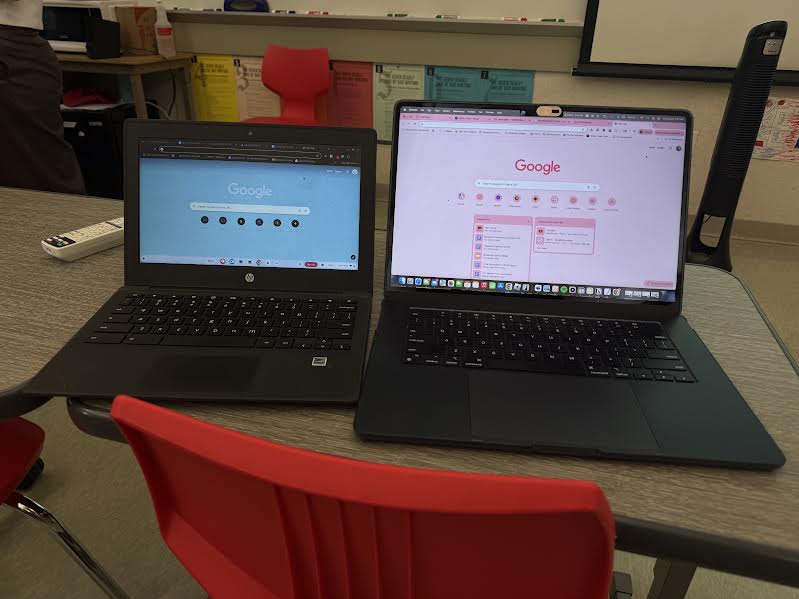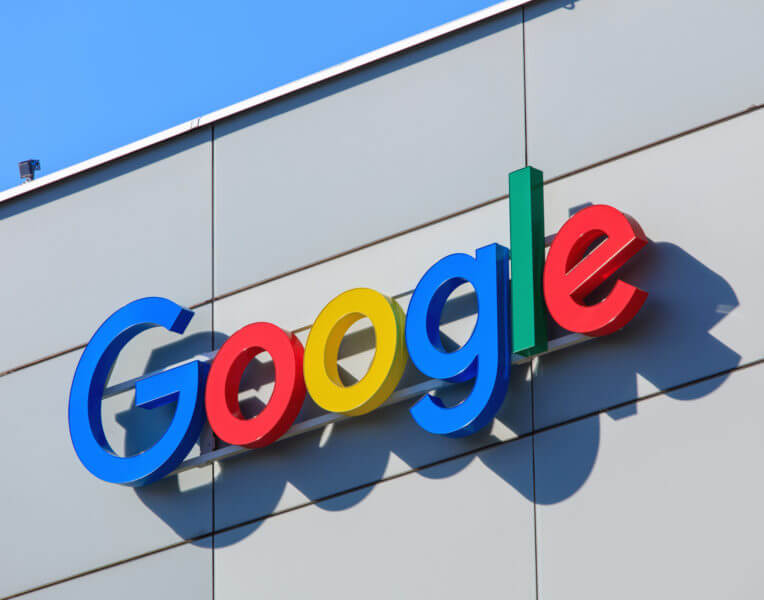Google: A Monopoly?
November 12, 2020
In an age where people are becoming more reliant on tech companies, will there ever be a limit to that reliance? Do these technological giants and their actions finally call for regulation? While the answer may be able to be contested now, their days are slowly being numbered.
On October 20, the US government filed a lawsuit against Google, claiming that they were a monopoly. These lawsuits have only become more prevalent, as social media and other tech companies take on a bigger role in our lives. Similar lawsuits have also been lobbied against Facebook, Twitter, and Youtube, however not for the reason of being a monopoly. While these tech companies may be big competitors, they don’t occupy the entirety of their fields. But Google is a different story.
While Google isn’t technically a monopoly, that doesn’t mean it’s exempt from being sued for its monopolistic tendencies. In the search engine market, Google holds roughly 92% of all shares, with its closest competitor Bing holding 2.7%, followed by Yahoo! and Baidu with around 1%. The remaining search engines are all below half a percent. Google also had a particular incident in 2013 where it briefly shut down. Even though it was only for 5 minutes, it resulted in internet traffic dropping by 40%. And Google is even bigger as a company now and more people depend on it today. So 7 years later, what devastating effects could it have on traffic if it’s shut down for 5 minutes or even longer?
But this doesn’t prove Google is a monopoly, for it to be considered one it would have to hold complete control over its market. But even though Google does control its market, its allowance of other companies to exist remains one of its few protections. By allowing these other companies to exist, it technically doesn’t hold a monopoly. Even if their nearest competitors only hold a small percentage of the market, they are still classified as competition.
But even with this protection over a technicality, there are many other issues to raise about not just regulating the company’s size but its practices. Other social media giants like Facebook, Twitter, and Youtube have been under similar investigation over the potential influence they have as companies. Ranging from politics to information or even disinformation, they hold an important stake in how the world operates.
However, Google only reaches that goal the more time goes on. Google will become even more sophisticated the more data it collects, which may show a possible dependency Google will have over the market of search. This also shows how Google can phase out other search engines without directly buying them out, but instead making them obsolete.
During the 4th Democratic primary debate in 2019, Andrew Yang discussed the failures of big tech in how it functions in competition. “We also have to be realistic that competition doesn’t solve all of the problems. It’s not like any of us wants to use the fourth-best navigation app, that would be like cruel and unusual punishment. There’s a reason why no one is using Bing today,” said Yang. When other search engines don’t even have all the options of Google, why even use them? But as the lawsuit against Google stands today, it marks a massive crossroads of the decision of regulating the prevalent monopolies within big tech or leaving them to their own devices.






































